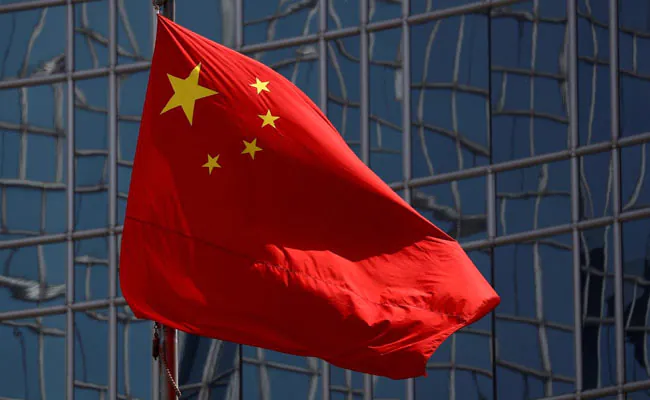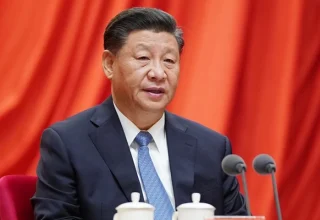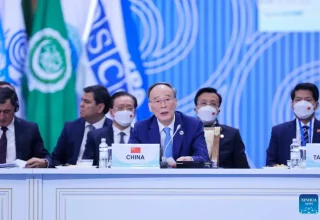
BEIJING, May 22 (ABC): China has made remarkable achievements in respecting and protecting human rights in various aspects over the past few years.
With respecting and protecting human rights high on the agenda of state governance, and the rights to subsistence and development regarded as primary human rights, national action plans have been formulated and implemented.
Prioritizing the protection of people’s health in its development strategy, China has built the world’s largest healthcare system.
Facing the COVID-19 epidemic, all resources nationwide were mobilized, and unprecedented efforts were made for medical treatment.
Subsistence is the foundation of all human rights, and poverty is the biggest obstacle to fulfilling human rights.
In February 2021, China declared the elimination of absolute poverty, having lifted nearly 100 million rural poor out of poverty over the previous eight years.
It means the country realized the poverty reduction goal set by the United Nations 2030 Agenda for Sustainable Development 10 years ahead of schedule, a great contribution to the development of the world’s human rights cause.
China has also made all-out efforts to combat organized crime and clamp down on all illegal activities to safeguard people’s rights to live safely.
Surveys by the National Bureau of Statistics detected a continuous rise in Chinese people’s sense of security, with 98.4 percent of the population feeling safe in 2020. The figure rose to 98.56 percent in the first half of 2021. China ranked second with 93 points in the 2021 Global Law and Order Report released by Gallup.
Progress was also recorded in China’s well-rounded human development.
People’s quality of life has been significantly improved along with the country’s economic development.
On average, 13 million new urban jobs were created annually in recent years. The per capita disposable income of residents has exceeded 35,000 yuan (about 5,229 U.S. dollars), an increase of nearly 80 percent from the 2012 level. The urban-rural income gap was closed significantly, and the middle-income group has grown to over 400 million people.
Improvements have been made in the public culture service system covering both cities and villages, ensuring people’s rights in the cultural arena.
In 2021, China’s retention rate of compulsory education reached 95.4 percent, with more equal accessibility. The country now has the largest higher education system globally, with 44.3 million students currently at school.
China’s whole-process people’s democracy has kept advancing. It has enhanced legal protection of human rights to promote fairness and justice.
The country has improved the ecology and environment, guaranteeing people’s environmental rights. The Chinese people are seeing fewer hazy days and black and smelly water bodies, but bluer skies, more lucid waters and lush mountains.
Statistics showed that 218 cities met air quality standards in 2021, 12 more than in 2020. The environmental quality of surface water has improved across the country, with water quality in the Yangtze River Basin and Pearl River Basin remaining excellent. The water quality in the Yellow River Basin has also significantly improved.
Human rights have been secured for disadvantaged groups of people in China as well. During the 13th Five-Year Plan period (2016-2020), the coverage rate of rehabilitation services and the adaptation rate of assistive devices for persons with disabilities both exceeded 80 percent, and the construction of an accessible environment was incorporated into the national economic and social development plan.
China has established a comprehensive legal system for protecting the rights and interests of women and children, including more than 100 laws and regulations. Outlines were formulated and implemented for the development of the group, and crimes such as sexual assault, abuse of minors, and human trafficking were severely punished.
There is no end to human rights protection, as there is always room for improvement. China, in collaboration with the international community, is willing to contribute its wisdom and strength to global human rights governance.

























